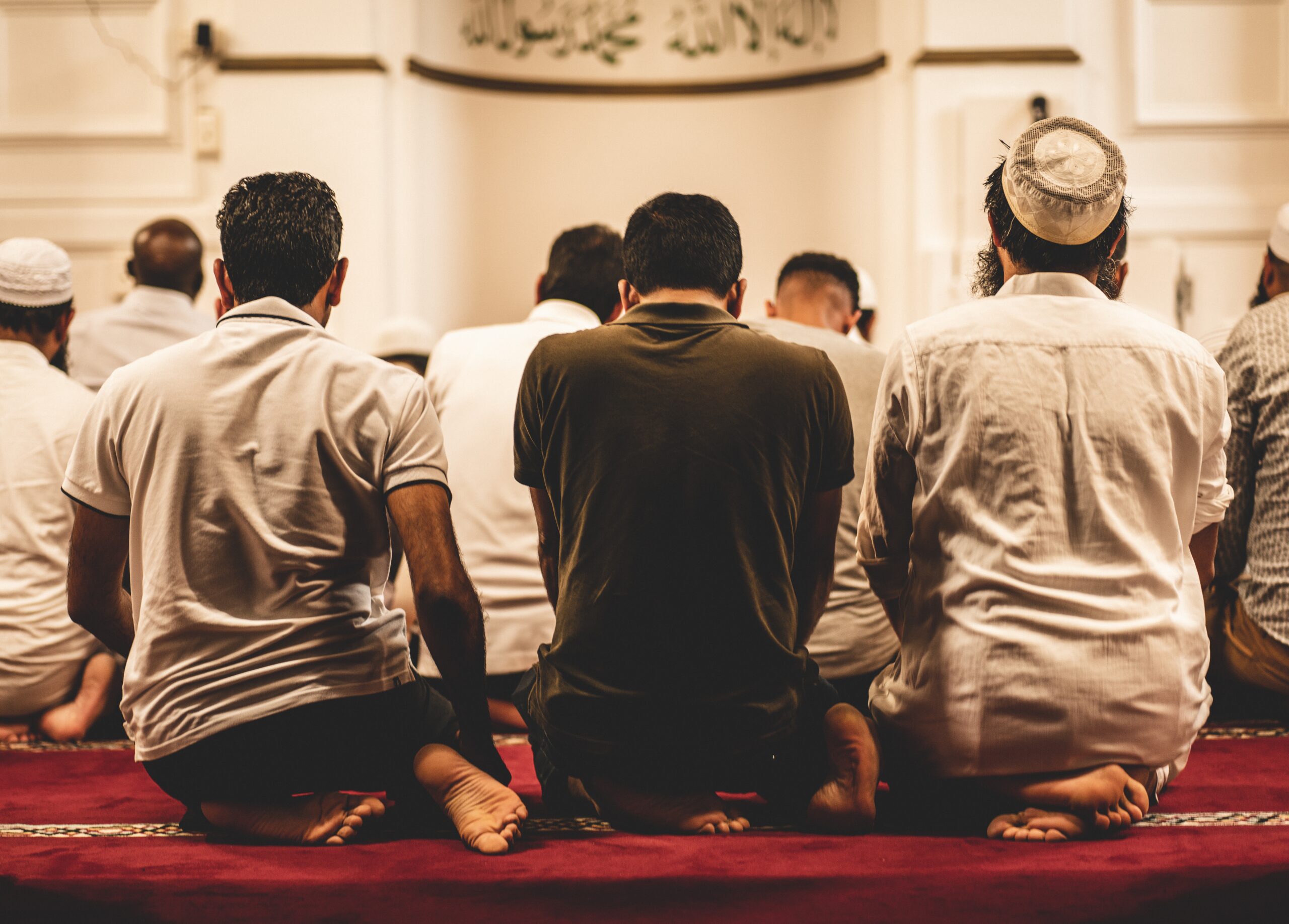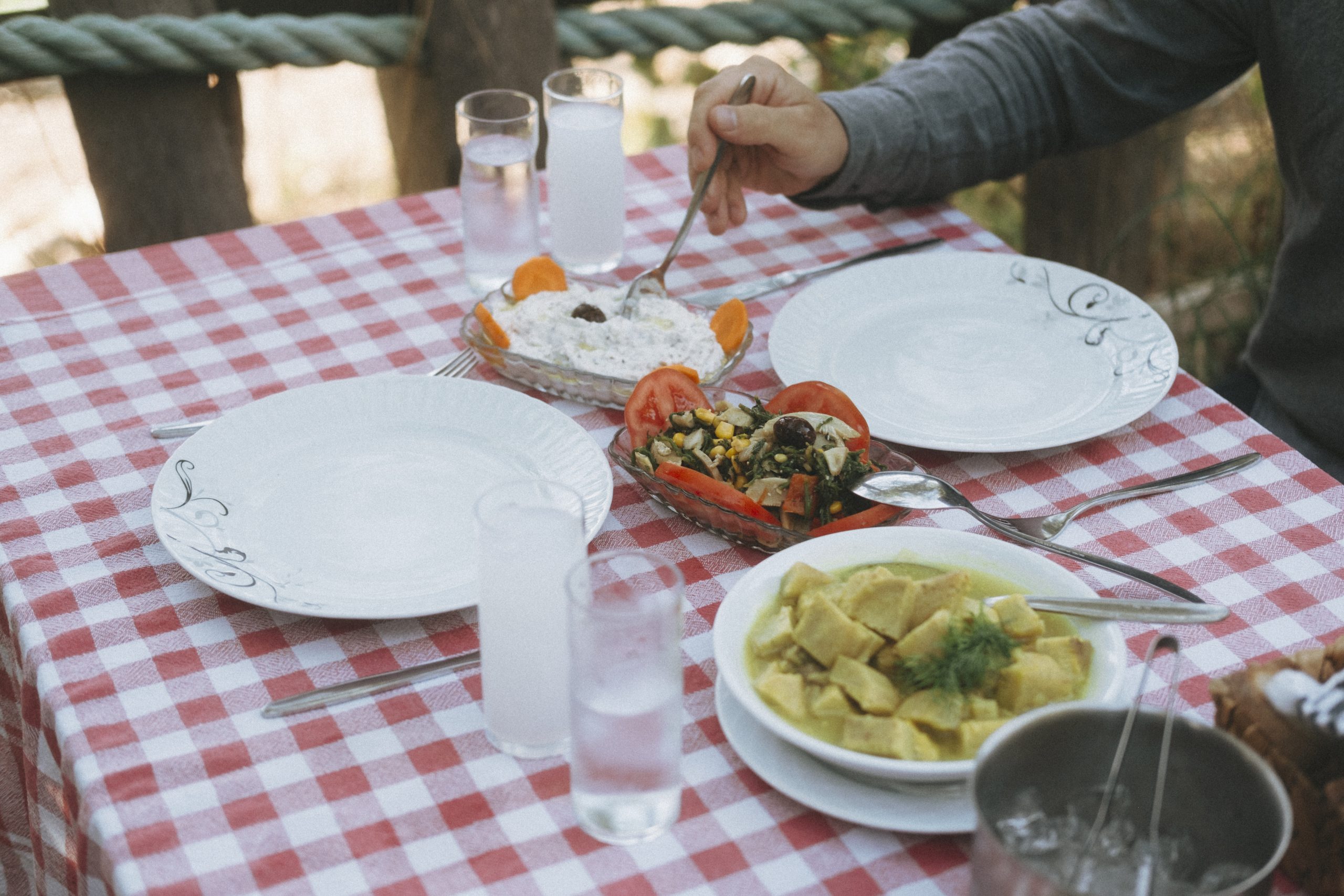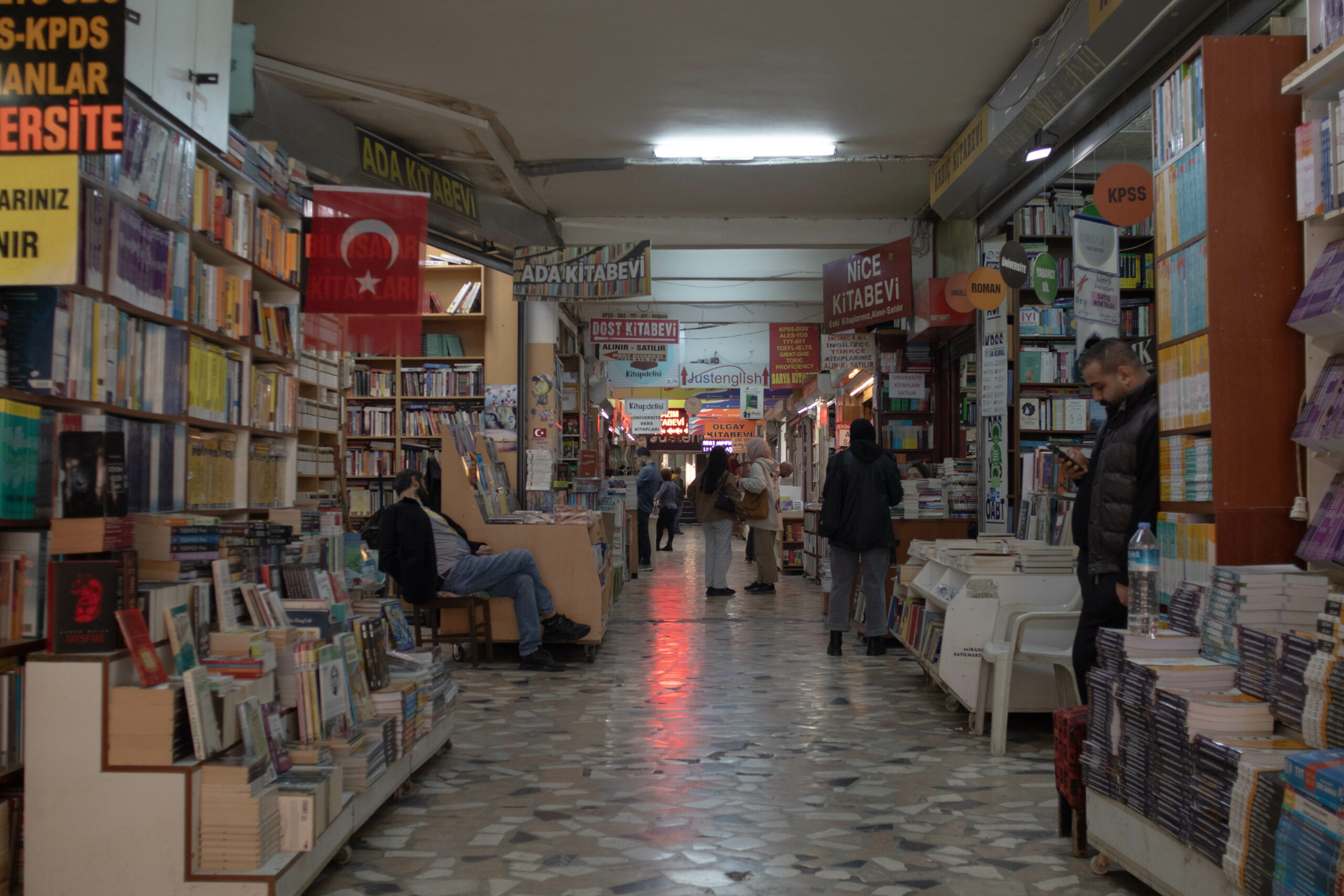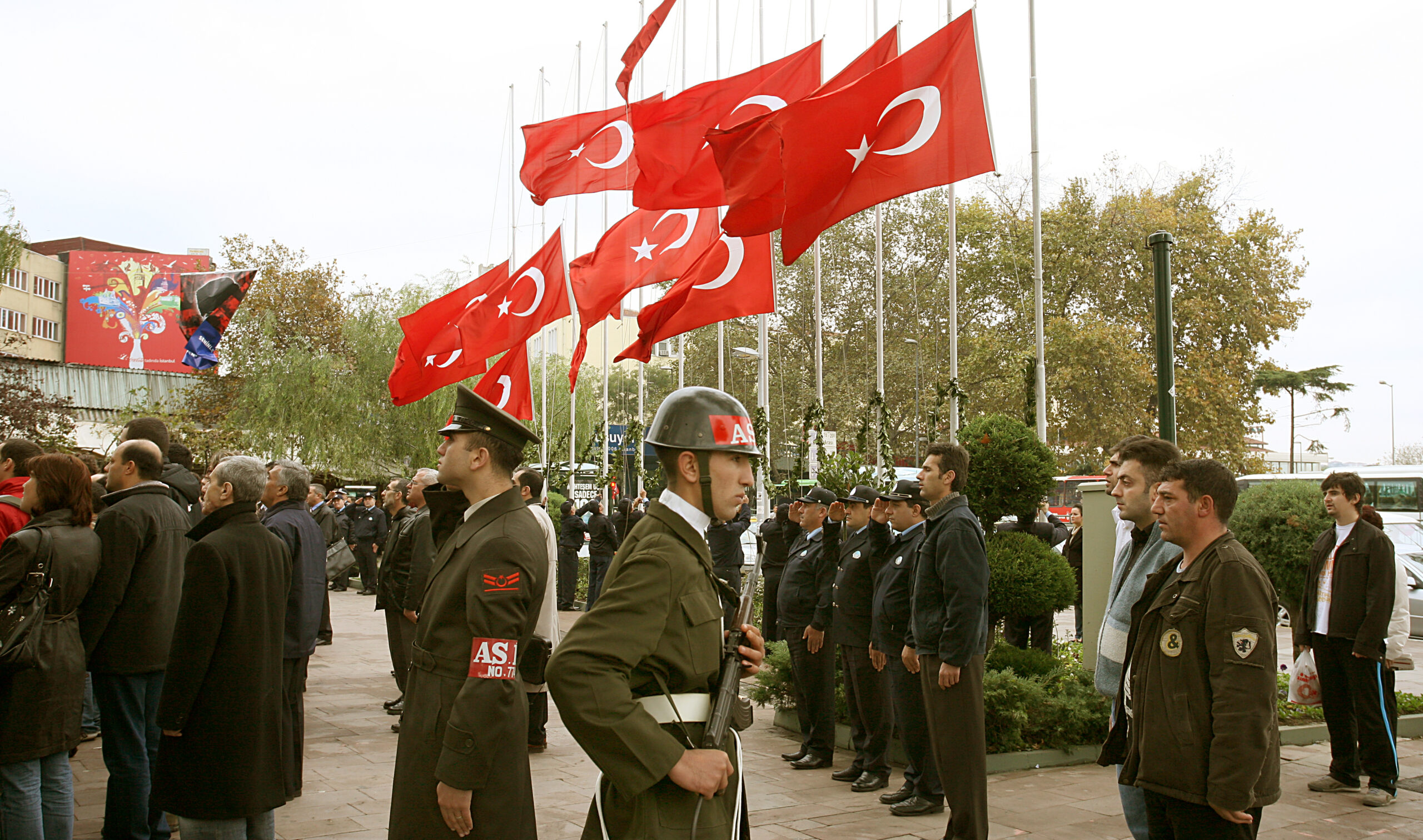History and Demographics
In Turkey, a country where 97% of the population is registered as Muslim at birth, the landscape of religious practice is diverse. While many Turks are Muslims in name, the extent of religious observance varies, with a considerable number embracing their faith more culturally than devoutly.
In Turkey, the Sunni and Alevi sects of Islam are predominant. Sunni Muslims, making up a large portion of the global muslim population, follow the Hanafi school of jurisprudence in Turkey, which emphasizes community consensus in interpreting Islamic teachings. The Alevi Muslims, on the other hand, practice a form of Islam that blends elements of Shia Islam, Sufism, and Anatolian folk traditions, evident in their unique cem ceremonies featuring music, dancing, and communal prayer.
Reflecting its Islamic heritage, the Ottoman Empire ruled as an Islamic empire from 1299-1922, with Constantinople (now Istanbul) as its capital. Today, Turkey is “officially” a secular stance, but Islam significantly influences Turkish society through daily practices, social norms, cultural celebrations, and public discourse. Islam is even taught in public schools. Mosques, religious festivals, and Islamic values are deeply woven into the social fabric, shaping both private and public life in Turkey.
What Sunnis and Alevis Believe
For Sunnis, Islam is the submission to the will of God as revealed through the Quran and the teachings of the Prophet Muhammad. Being a Muslim means adhering to the Five Pillars of Islam—faith, prayer, fasting, charity, and pilgrimage—while following the Quran and the Hadith as primary guides in all aspects of life.
For Alevis, Islam is also about submission to God, but they place a stronger emphasis on spiritual interpretation, community practices, and the teachings of Ali, the Prophet’s cousin and son-in-law. Being a Muslim for Alevis involves a focus on inner spirituality, communal rituals, and a more symbolic understanding of Islamic practices, often diverging from the literal interpretations followed by Sunnis.
Some Religious Perspective
Sunnis can be likened to Catholics as the largest and most widespread branch of Islam, with a structured approach to religious practices and a reliance on established doctrines. Like Catholics, Sunnis emphasize unified interpretations of religious texts and follow formal rituals. Alevis, on the other hand, are similar to Eastern Orthodox Christians, representing a minority branch with distinct rituals and beliefs that set them apart from the mainstream, emphasizing spiritual interpretation and communal worship, much like the mystical and symbolic practices of Eastern Orthodoxy.
For a more American comparison: Sunnis are akin to Evangelical Protestants, being a large, mainstream group focused on adhering to foundational texts (the Quran for Sunnis, the Bible for Evangelicals) and structured religious practices. Alevis, like Unitarian Universalists, take a more interpretative and inclusive approach, prioritizing spiritual experience, community, and a symbolic understanding of religious texts, often diverging from the mainstream’s literal interpretations.
In the context of Hinduism, Sunnis could be compared to Vaishnavism, and Alevis might be likened to Shaivism or Shaktism. Or in the context of Buddhism, Sunnis might be likened to Theravada Buddhists, while Alevis could be compared to Mahayana Buddhists.
The Quran
The Quran is the holy book of Islam, believed by Muslims to be the literal word of God as revealed to the Prophet Muhammad through the angel Gabriel. It is composed of 114 chapters, known as surahs, and serves as the primary source of guidance for Muslims in matters of faith, morality, and law. The Quran is written in classical Arabic and is recited, memorized, and studied by Muslims worldwide as a central part of their religious practice. Muslims in Turkey traditionally read the Quran in Arabic, as it is the original language of the text and is considered sacred. However, many also read translations of the Quran in Turkish to better understand its meaning, since Arabic is not widely spoken or understood by the general population.
Sunnis regard the Quran as the ultimate authority in all religious matters, interpreting it through the Hadith (sayings and actions of Muhammad) and the consensus of scholars. Alevis also revere the Quran but interpret it more esoterically, often integrating their unique spiritual beliefs and practices into its understanding. Despite these differences, both groups place profound significance on the Quran as a divine and guiding text.
What to Expect, How to Respect
The Islamic call to prayer (ezan) is broadcast five times a day and is a common experience throughout Turkey. It’s recited in Arabic, and used in prayers and reading the Koran. If you’re playing music, turning it down or off during these times is a respectful gesture.
When visiting mosques, dressing modestly is important. Women should cover their heads, and everyone should wear clothing that covers their legs and shoulders. It’s a good idea to carry some modest clothes for mosque visits, especially on hot days. At major mosques like Sultanahmet, you might find robes or scarves to borrow. Remember to take off your shoes before entering a mosque. To avoid disrupting prayers, it’s best to visit outside of prayer times or stay quiet if you’re there during a prayer session.
Fridays hold special significance as a prayer day. Around midday, expect large gatherings at mosques and shorter business hours.
While capturing the beauty of mosques and public prayers is tempting, always ask permission before taking photos of people, especially during prayers or religious ceremonies.
When participating in prayer, note the separation of men and women.
During Ramadan, a significant number of people observe fasting from sunrise to sunset, abstaining from food, drink, and smoking. Since Ramadan dates vary each year based on the lunar calendar, checking the dates before your trip is useful. As a visitor, it’s considerate to eat and drink discreetly in public during daylight hours, especially in more conservative areas. After Ramadan, a three-day holiday follows, during which many businesses close. There’s no better time to practice your patience than daylight hours of Ramadan- some fasting folks are less energetic and more irritable. You’ve been warned.
Don’t ask for pork. You won’t find it, unless you’re at a more upscale restaurant or an international grocer. The Quran refers to pork as haram (forbidden), as it is considered impure and harmful. This dietary restriction is a fundamental aspect of Islamic law and is observed by Muslims worldwide.
Arabic is not a language that Turkish residents know. Turkish is the official language of Turkey, with some also speaking Kurdish. Just because someone can read the Quran or recite prayers in Arabic does not mean they can speak or understand Arabic as well. It’s like assuming someone from Spain can speak French.
Alevis are a minority within the Muslim community in Turkey, and they have historically faced discrimination. Being aware of this context and approaching conversations with sensitivity is important.
At the end of the day, it’s best to follow local cues when it comes to social norms. There are other ways to show respect to locals that aren’t purely religion-based (at least not anymore) and we’ve got guides for those too. If you have any questions, let us know.




